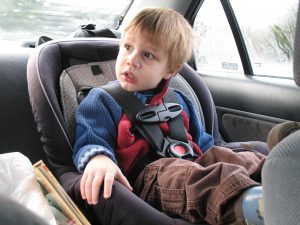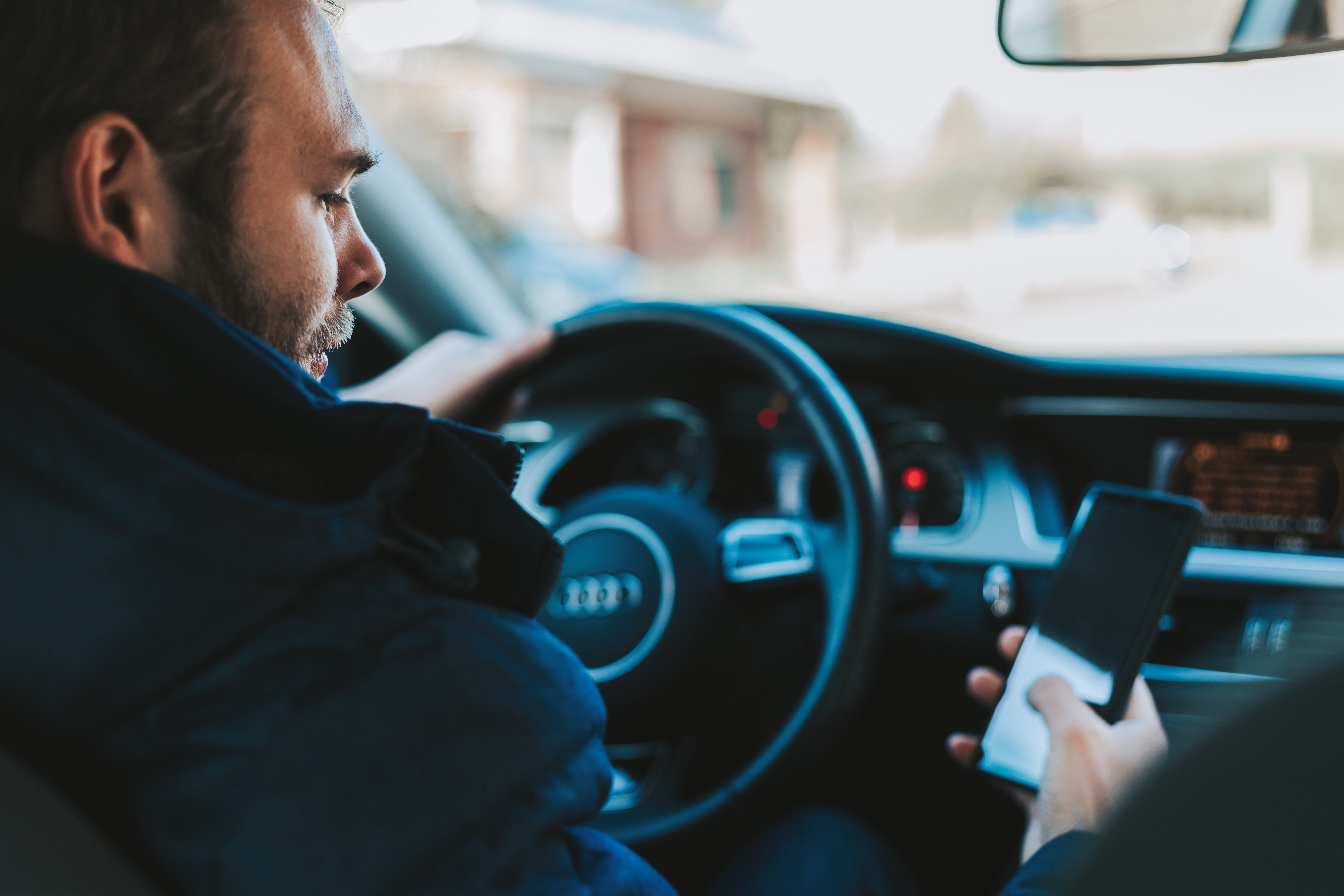In the state of West Virginia, all drivers, regardless of age, are banned from using electronic devices that are hand-held while driving.
One of the top priorities of all drivers on the road is to safely operate their motor vehicle. Anytime a driver embarks on a trip in their car, it’s unknown what they might come across on the road. Distracted drivers, bad weather conditions, road hazards, or even mechanical issues are examples of what might go south when driving a motor vehicle.
That’s why it’s important to understand and thoroughly follow the traffic safety laws in your area to keep yourself and your community safe. The state of West Virginia has numerous laws and regulations to increase safety on the state’s roads. In the following article we’ll go through the most important traffic safety laws in West Virginia.
Car Seat Belt Laws
Car seat belts are mandated and enforced by authorities all over the world. This is not a coincidence. It’s been long known and proven that seat belts save people’s lives in the event of an accident. The West Virginia State Code has mandated the use of safety belts since 1993; the law states that:
- All vehicle drivers must wear a seat belt.
- All vehicle passengers in the front must wear a seat belt.
- All vehicle passengers in the back under 18 years old must wear a seat belt.
If someone is found in violation of the law, they will be presented with an appropriate fine to pay.
Child Car Seat Laws

In West Virginia, there are laws in place to protect children riding in a motor vehicle accident. Any child under the age of 8 and shorter than 4 ft 9 in must be in an approved child car seat while the vehicle is moving. The type of child seat to use depends on the age and weight of the child:
- Under the age of one and weighing less than 35lb: Infant-only rear facing child seat.
- Between the ages of one and four and weighing 20 – 40lb: Forward facing child safety seats or a high back booster.
- Between the ages of four and eight: Can use a high back or no back booster installed in the back seat.
Electronic Devices and Texting While Driving
The dangers of using cell phones or other electronic devices while driving are well known. Reports of texting and driving accidents are on the news almost every single day. That’s reason enough to place heavy restrictions on the use of electronic devices while operating a motor vehicle.
In the state of West Virginia, all drivers, regardless of age, are banned from using electronic devices that are hand-held while driving. On the other hand, drivers under the age of 18 are banned from using any electronic device including hands free devices unless they are contacting 9-1-1.
If you were in an accident with someone you suspect was distracted by using an electronic device, you or your attorney must be able to prove fault. According to Jeff Robinette, a personal injury lawyer in Morgantown, WV, proving fault is a requirement for insurance coverage under West Virginia’s tort-based insurance system.
Bicycle, Motorcycle, and ATV Helmets
Helmets for motorcyclists, bicyclists, and ATV riders are an absolutely essential protective measure. Since riders of these vehicles are way more prone to getting injured in an accident versus a person driving a car, strict laws are in place to minimize accidents and injuries.
In West Virginia, helmets are required by law for the following:
- Bicyclists: Required for riders under the age of 15.
- Motorcyclists: Required for riders and passengers.
- ATV’s: Required for riders under the age of 18.
Make sure when you’re shopping for helmets to get a U.S. Department of Transportation-approved helmet.
Unattended Motor Vehicles
People in West Virginia aren’t allowed to leave their cars running while unattended. In fact, a state law prohibits that. West Virginia code §17C-14-1 states that, “No person driving or in charge of a motor vehicle shall permit it to stand unattended without first stopping the engine, locking the ignition, removing the key, and effectively setting the brake thereon and, when standing upon any grade, turning the front wheels to the curb or side of the highway.”
The penalty for breaking this law would be a $100 fine for the first offense, a $200 fine for the second time, and $500 if it were to happen a third time.


Join the conversation!